Evidence unsealed in Trump interference case
The judge overseeing President Donald Trump's 2020 election interference case released more evidence collected by special counsel Jack Smith on Friday, unveiling an enormous batch of heavily redacted records.
The 1,889 pages of material, which Trump's legal team had sought to keep under wraps, constitute four volumes of an appendix that Smith's prosecutors filed alongside a motion over presidential immunity that was unveiled earlier this month. U.S. District Judge Tanya Chutkan, who is overseeing the case, ordered the unsealing of the redacted appendix last week, but delayed the release to give Trump time to contest her decision.
The new documents include transcripts of court hearings, interviews and speeches related to the case, as well as additional source material. Smith had indicated that much of the appendix contains sensitive information that should stay hidden from the public, and the released version contains hundreds of pages that remain under seal. That evidence, subject to a protective order issued at the start of the case last year, likely includes transcripts of testimony before a grand jury and FBI interviews.
But many of the documents include publicly available information, including voting tabulations and tweets from Trump and others connected to the case. Prosecutors also included Trump's speech near the White House on Jan. 6, 2021, in which he told a crowd of supporters that he won the election and said "we're going to the Capitol."
Chutkan reiterated her decision to release the appendix in an order issued Thursday, writing that the public is presumed to have access to "all facets of criminal court proceedings." Trump's legal team tried to keep the records under seal, arguing their release could influence the 2024 presidential election, but Chutkan said she did not find their arguments persuasive and would not take political considerations into account when steering the case.
Trump was originally indicted last year, with prosecutors alleging he and his allies orchestrated a broad campaign to overturn the results of the 2020 election. The case was paused for months while Trump's lawyers argued he should be immune from prosecution.
The Supreme Court decided over the summer that presidents are immune for "official acts" they take while in office. Smith filed a new indictment narrowing the charges to comply with the court's decision. Chutkan is now tasked with determining whether Trump enjoys immunity under the Supreme Court's framework. He has pleaded not guilty.
Smith's team filed a motion urging Chutkan to find Trump is not immune from prosecution, which was unsealed on Oct. 2. Trump's lawyers have until Nov. 7 — two days after Election Day — to submit their response.
His attorneys argued that Chutkan shouldn't release any additional information in the case, saying in a filing that the "asymmetric release of charged allegations and related documents during early voting creates a concerning appearance of election interference." But Chutkan said the court isn't limiting public access to one side of the case, since Trump and his team can present their own legal arguments and facts.
In a separate order on Wednesday, Chutkan also largely rejected Trump's demand for prosecutors to search out and turn over more information that he believed would support his defense. Chutkan said prosecutors may have already looked for the information Trump wants, or may not have it within their control.
Among the evidence Trump unsuccessfully demanded was information about alleged undercover agents at the Capitol on Jan. 6. Chutkan said the former president "does not provide anything more than speculation that there even were any such undercover actors" at the Capitol when Trump's supporters breached the building.
Scott MacFarlane and Katrina Kaufman contributed to this report.
Kathryn Watson is a politics reporter for CBS News Digital, based in Washington, D.C.

 2 settimane fa
7
2 settimane fa
7


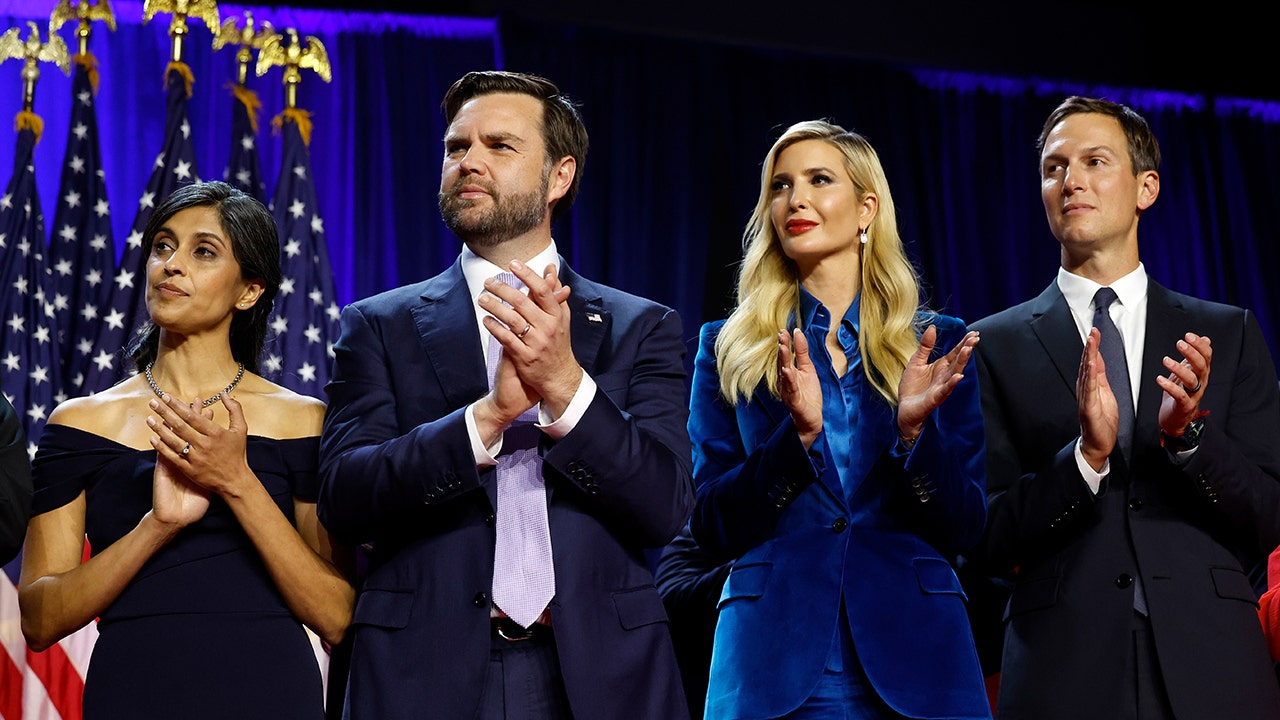
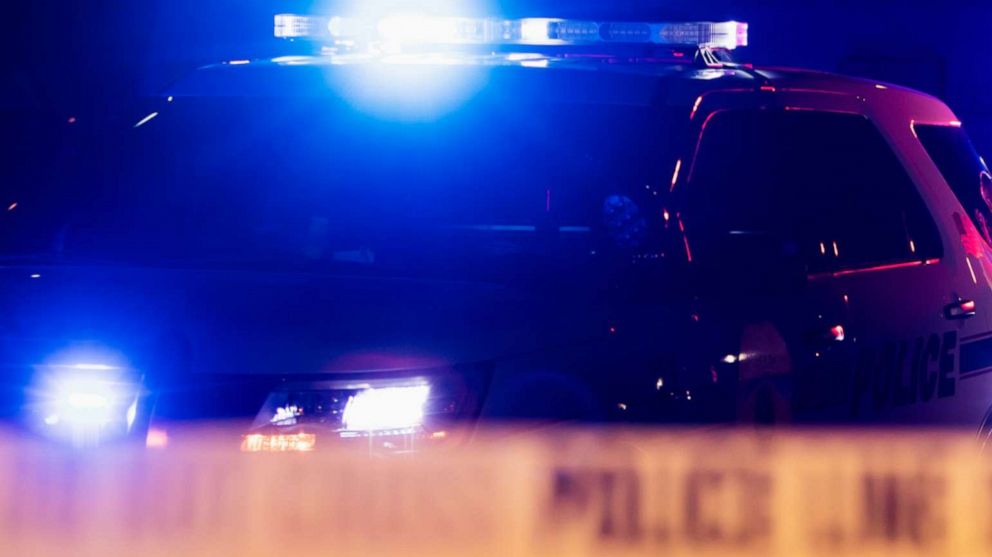

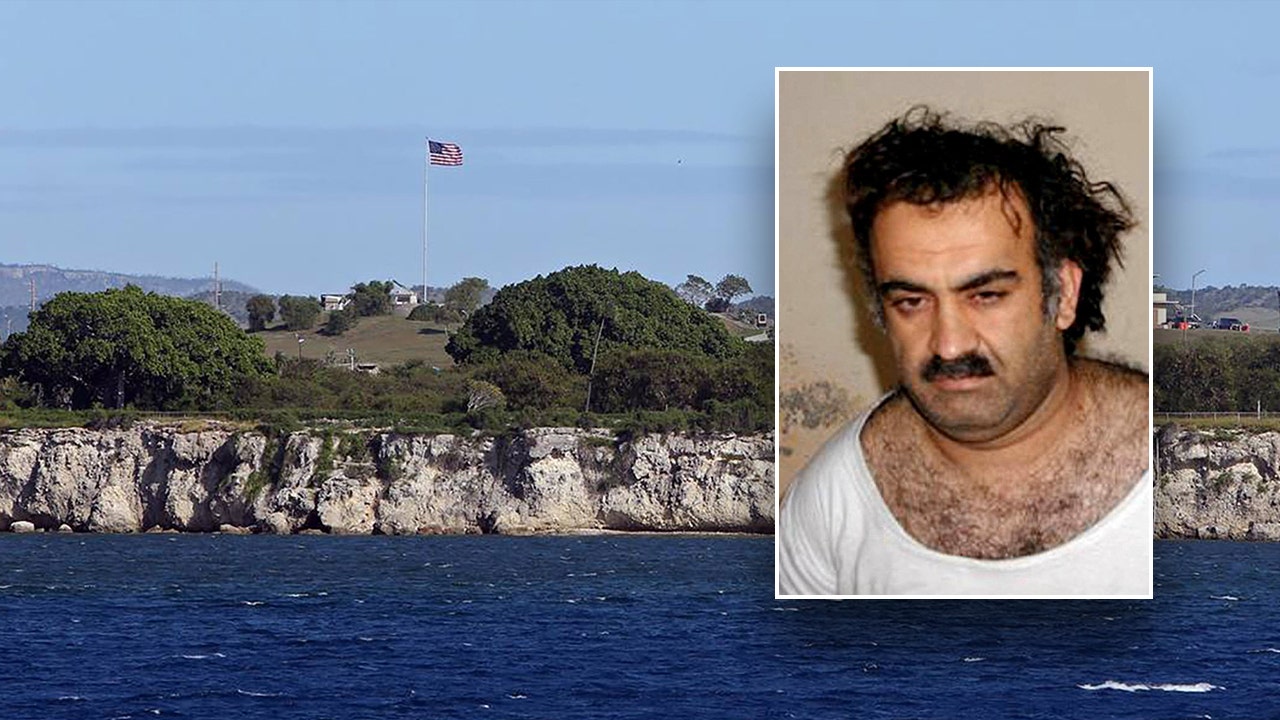
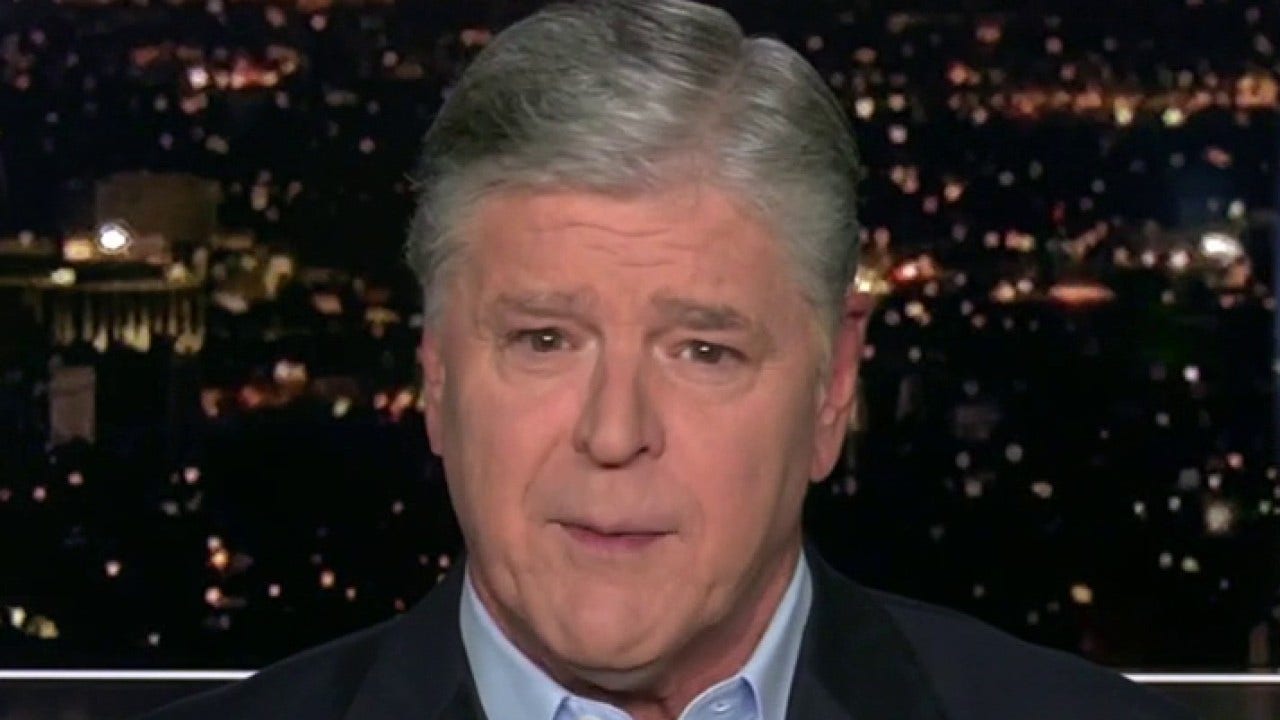
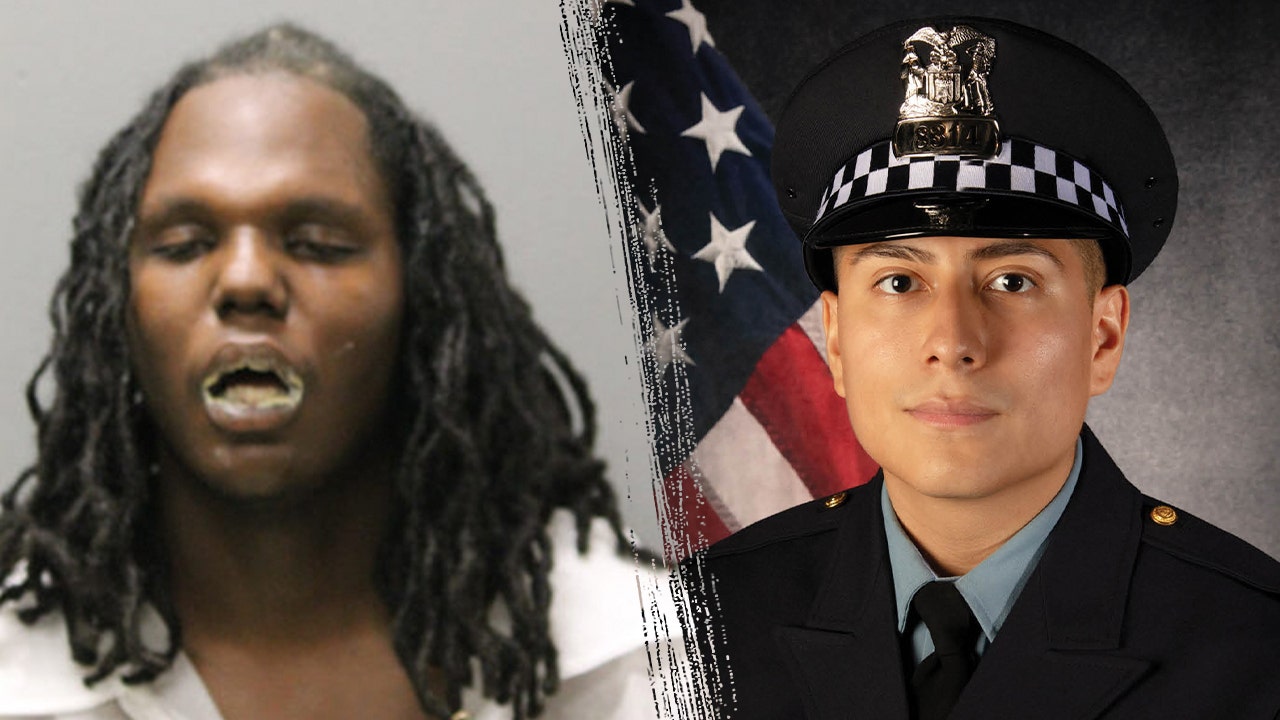
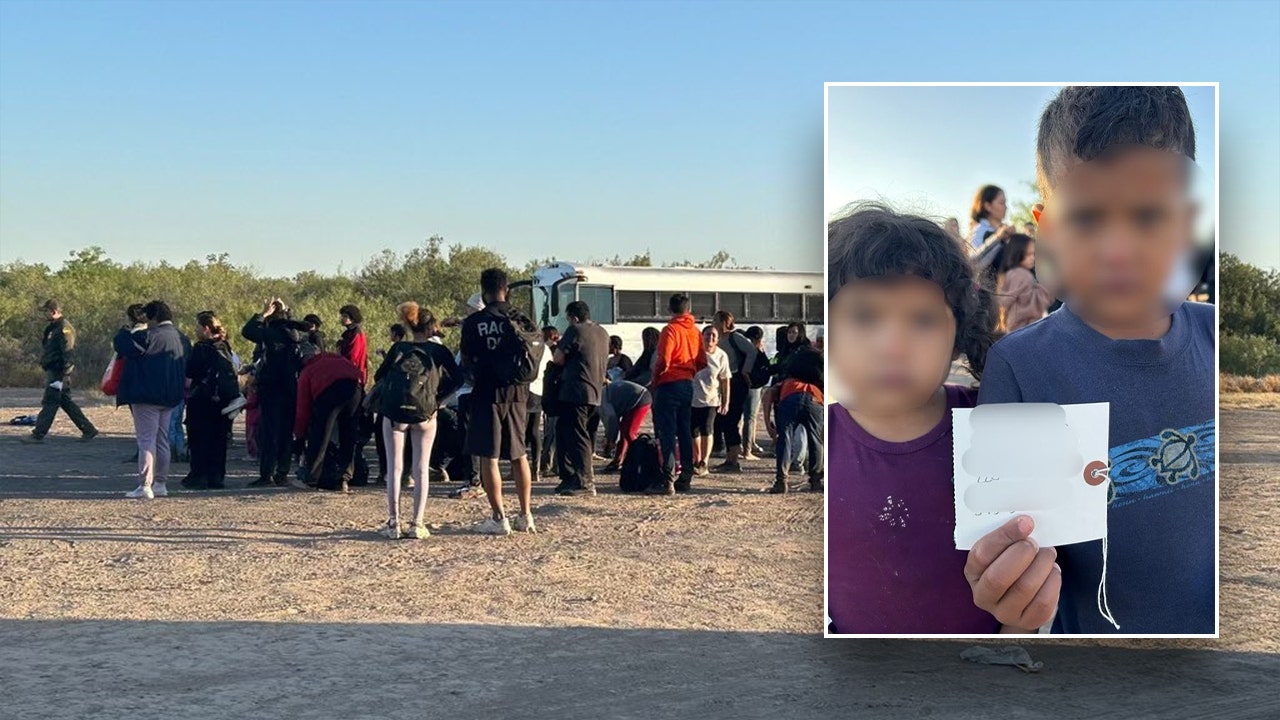

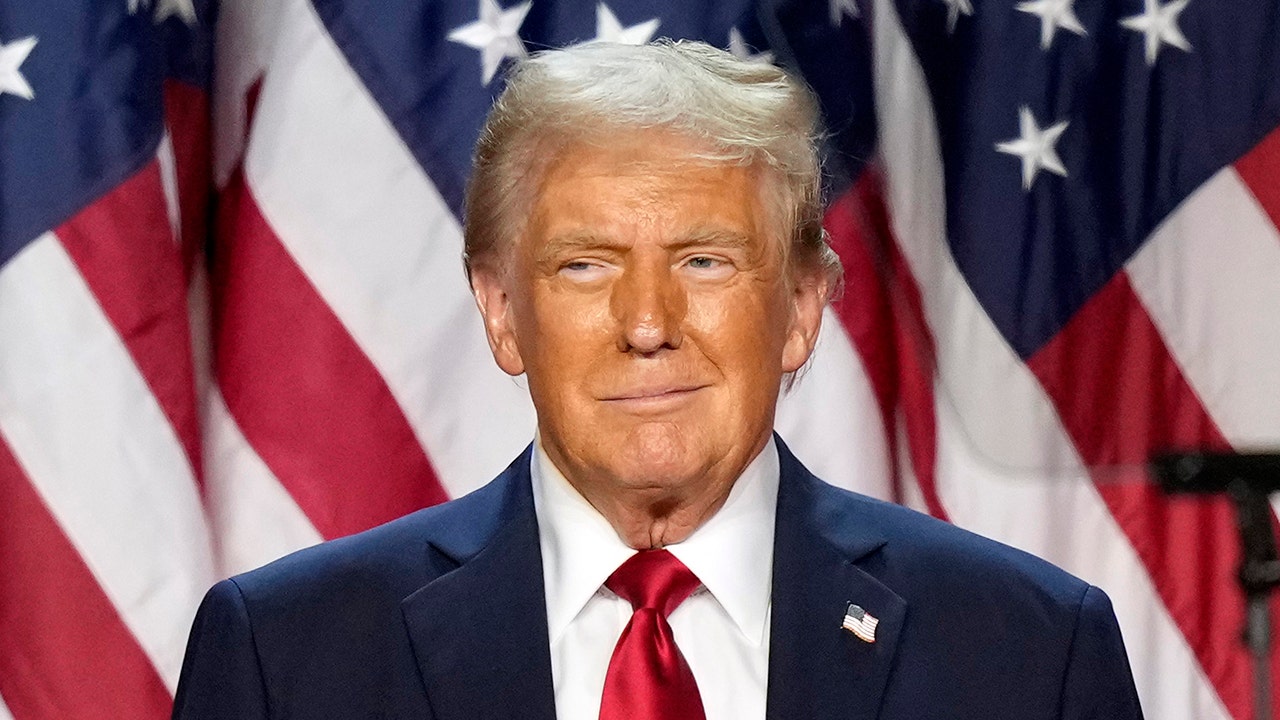
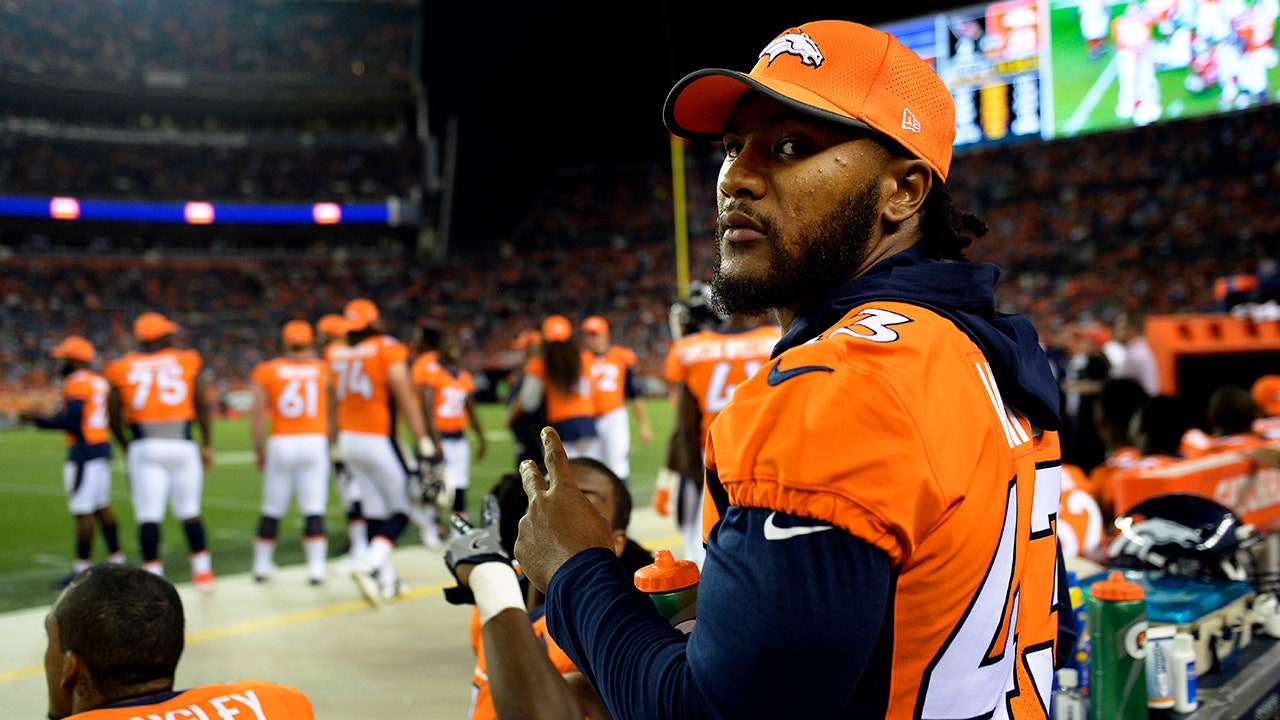

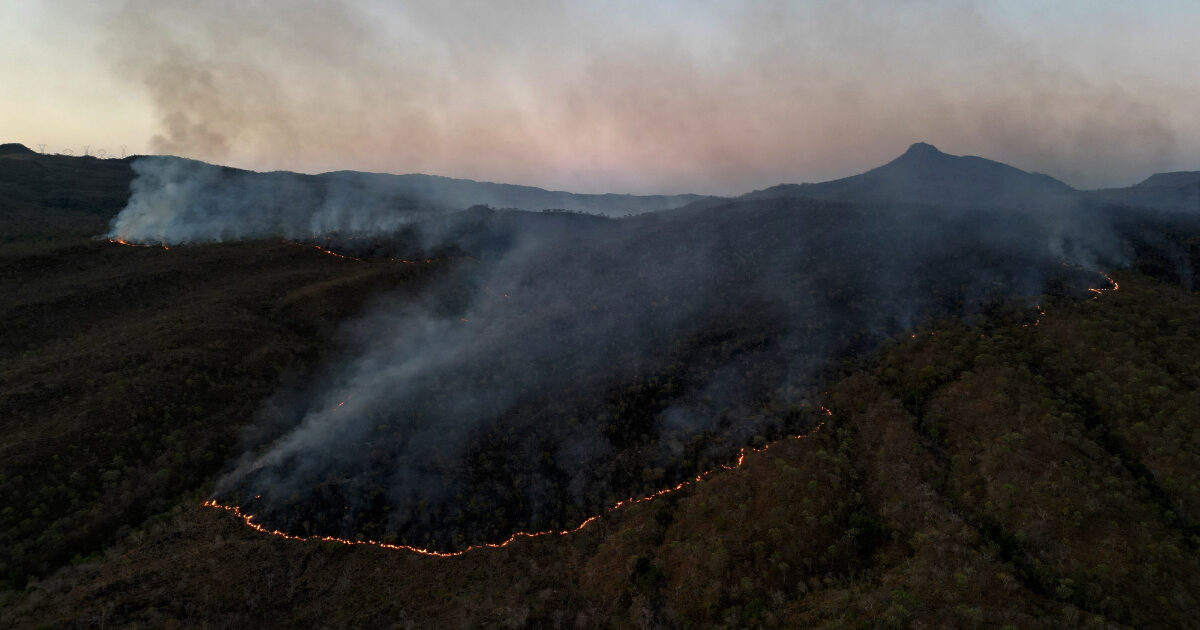

 English (US) ·
English (US) ·